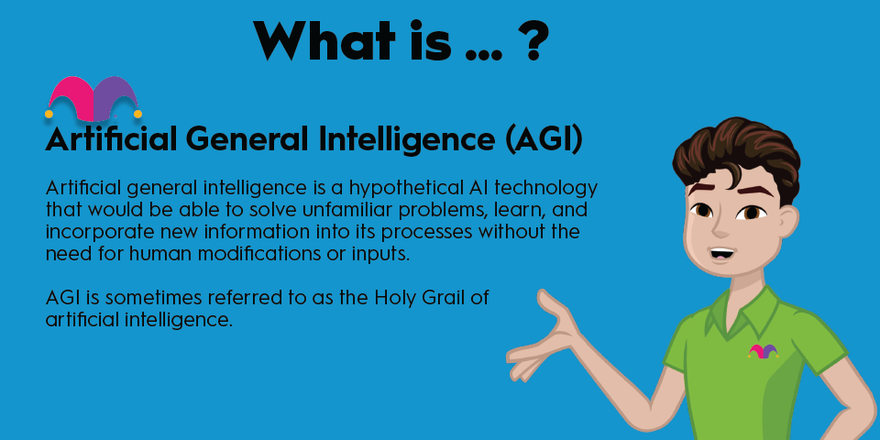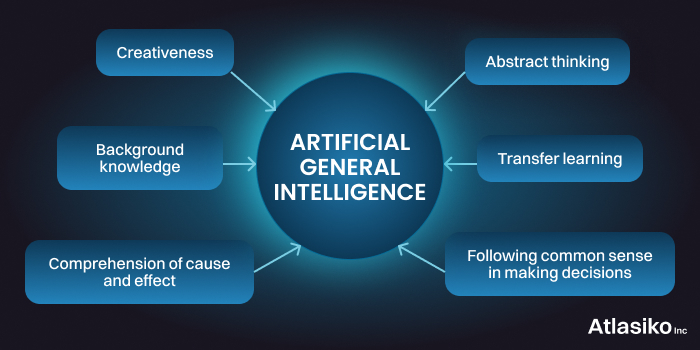Mark Zuckerberg, the tech titan synonymous with social media, has thrown the AI world into a frenzy with his audacious proposal: open-sourcing Artificial General Intelligence (AGI). This move, while potentially groundbreaking, has ignited a firestorm of debate, leaving many to wonder – is this the dawn of a collaborative AI utopia, or a reckless gamble with the very fabric of our future?
AGI, often dubbed “human-level AI,” represents the pinnacle of artificial intelligence. Imagine a machine capable of independent thought, reasoning, and learning, surpassing the capabilities of even the most sophisticated AI systems we have today. Zuckerberg’s vision is to create an open-source platform where researchers and developers worldwide can collectively contribute to the development of this elusive yet transformative technology.

Proponents hail this move as a revolutionary leap forward. Open-sourcing would democratize AGI development, fostering global collaboration and accelerating progress. This, they argue, could lead to breakthroughs in fields ranging from healthcare and climate change to scientific discovery and space exploration. The potential benefits seem limitless, with open access potentially fueling a new era of innovation and prosperity.
However, critics paint a far grimmer picture. They warn of a Pandora’s Box scenario, where unleashing the raw power of AGI into the public domain could have disastrous consequences. Unforeseen biases and vulnerabilities could be exploited for malicious purposes, leading to widespread social manipulation, cyberattacks, and even autonomous weapons. The very notion of handing over the reins of such powerful technology to an uncontrolled, decentralized community sends shivers down their spines.

The ethical considerations are equally daunting. Who governs this nascent AGI? How do we ensure its development aligns with human values and safeguards against existential threats? With open-sourcing, these crucial questions become even more complex, potentially pitting diverse ideologies and agendas against each other in a global tug-of-war for control.
Zuckerberg, ever the optimist, counters these concerns with a call for responsible development and international collaboration. He envisions a global council overseeing the project, establishing ethical guidelines and safety protocols. But critics remain skeptical, questioning the feasibility of effectively governing such a decentralized endeavor, particularly with potentially rogue actors lurking in the shadows.

Other news:
iPhone vs. Galaxy: Apple wins the 2023 smartphone crown, but Samsung isn’t out of the game
The debate surrounding Zuckerberg’s plan is far from settled. The potential rewards are undeniably enticing, but the risks are equally terrifying. Only time will tell whether this audacious leap will usher in a golden age of human-machine co-existence or become a cautionary tale of unchecked technological ambition.
One thing is certain: Mark Zuckerberg has ignited a global conversation about the future of AI. Whether we choose to embrace his open-source dream or chart a more cautious course, one thing is undeniable – the path forward will be fraught with challenges and opportunities, demanding careful consideration and responsible action. The ultimate question remains: are we ready to open-source the future?

One Reply to “Mark Zuckerberg’s Open-Sourcing Plan: A Deep Dive into AGI’s Future”